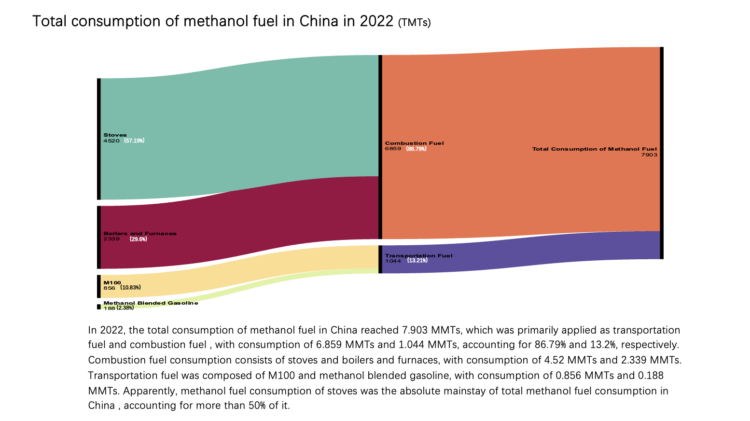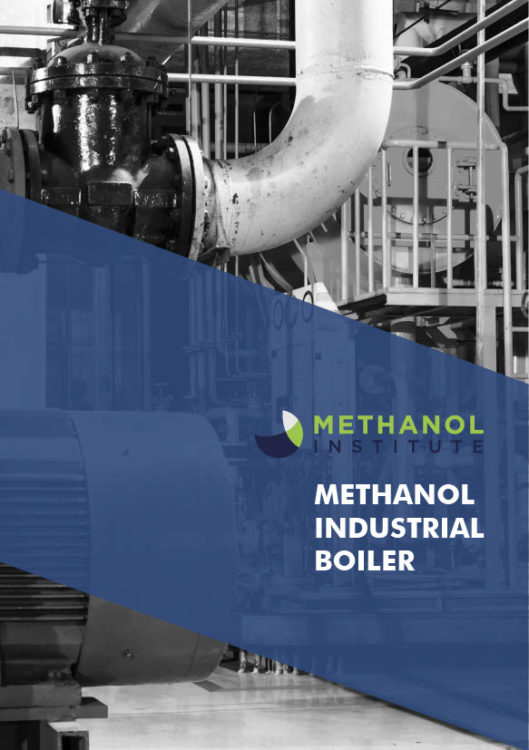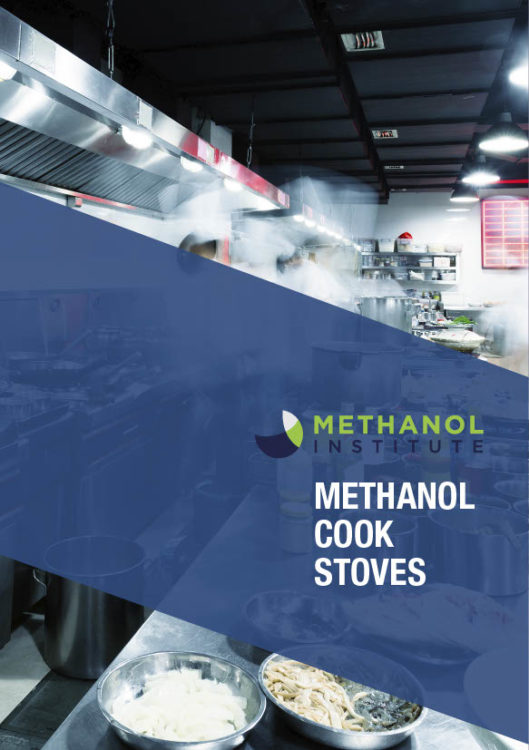Methanol Fuel in China Report

Methanol is a clean-burning alternative heating fuel. Methanol for heat applications such as cooking, boilers and kilns is widely used in China to replace other traditional fuels like coal with benefit of clean air and affordable fuel prices. Compared to coal, methanol boilers show superior emissions benefits of at least a 75% reduction in total emissions in terms of PM, SOx, and NOx.In a recent study jointly conducted by China Association of Alcohol and Ether Fuel and Automobiles (CAAEFA) with support from Methanol Institute and its member Methanex Corporation, In 2022, the total consumption of methanol fuel in China reached 7.903 (Metric Million Tons, MMTs), methanol fuel for heat and transportation represents 6.859 MMTs and 1.044 MMTs, or accounting for 86.79% and 13.2%, respectively. Within the methanol fuel for heat, 4.52 MMTs and 2.339 MMTs were consumed for cook stoves and boilers& furnaces. The leading provinces of the fuel consumption are Shaanxi, Hubei, Guizhou, Sichuan, and Shanxi.
Methanol Industrial Boilers

As the simplest molecule of alcohol, methanol is not only widely used as a building block of thousands chemicals but also as a clean energy for automobiles, cooking and marine applications. In countries like China, methanol is used as a clean alternative fuel to replace coal in various applications in heating, agriculture and manufacturing. In this brochure, you will find some facts about the current methanol usage in boilers.
Methanol Cook Stoves

In 2016, a study found that nearly 2.6 mil people died globally due to harmful exposure to PM2.5 emissions produced from cooking with polluting fuels such as biomass and waste. This made indoor air pollution one of the leading health risk factors in developing countries. As a clean-burning fuel, methanol emits significantly less harmful emissions that are detrimental to health. It is a safe fuel that is easy to handle as it is a liquid at ambient temperature and pressure, making it suitable for regions that do not have access to gaseous fuels. Methanol’s properties as a fuel have seen it being used as a cooking fuel in industrial kitchens, households, refugee camps, and on ships. Most importantly, it is a cost-efficient fuel for households in developing countries that wish to transition to cleaner cooking solutions.

